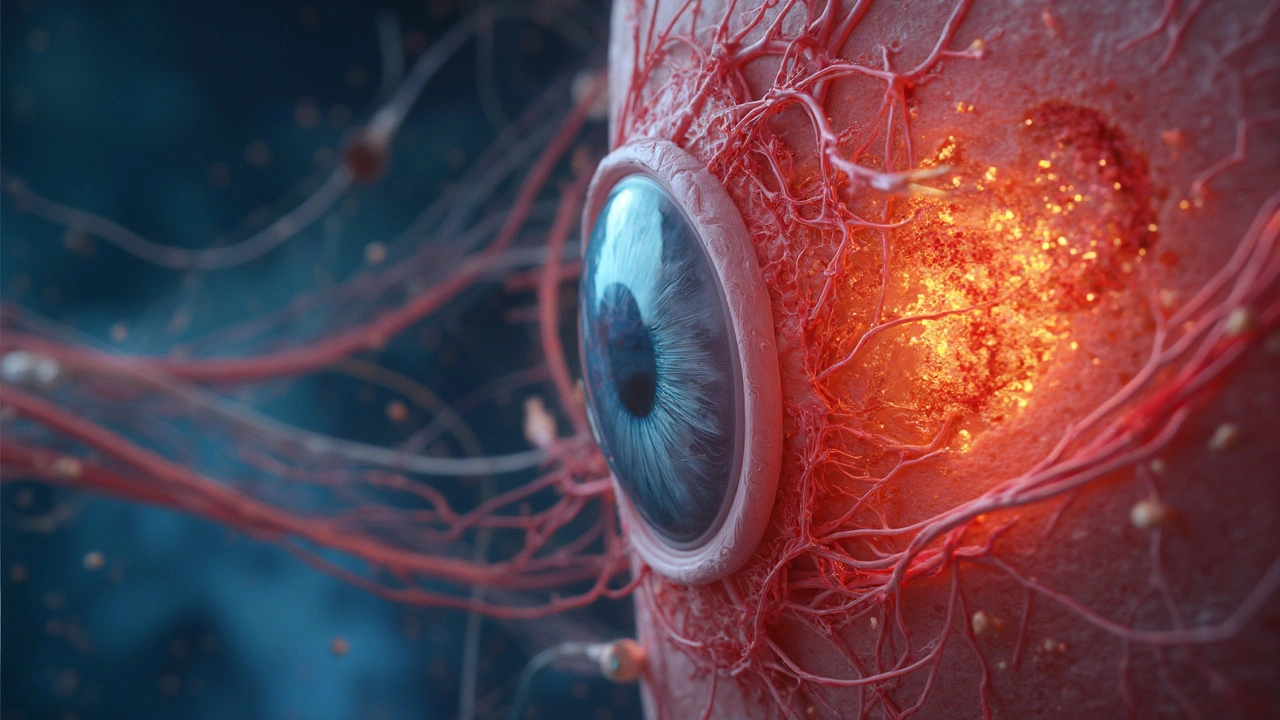Vision: Keep Your Eyes Safe When Taking Medications
Have you ever noticed dry, gritty eyes after starting a new pill? That’s more common than you think. Some medications change tear production, cause light sensitivity, blur your sight, or make contact lenses uncomfortable. You don’t need to panic, but you should know what to watch for and what to do right away.
Quick signs you shouldn’t ignore
New eye symptoms after a medication change deserve fast attention. Watch for sudden blurred vision, double vision, severe eye pain, flashes of light, or sudden loss of vision. These can be urgent — call your doctor or go to the emergency room. Less urgent but still important signs include persistent dryness, red or irritated eyes, halos around lights, and trouble wearing contact lenses. If symptoms start within days or weeks of a new drug, mention the timing when you talk to your clinician.
How to protect your eyes when taking meds
Start by reading the patient leaflet and checking common side effects for vision problems. Ask your pharmacist whether a drug is known to cause dry eye, light sensitivity, or contact lens issues. If you wear lenses and start a medication known to dry the eyes—like isotretinoin—switch to glasses until your eye doctor clears you. Use preservative-free artificial tears several times a day for mild dryness. For contact lens discomfort, remove lenses sooner, clean them carefully, and consider daily disposables to lower irritation.
When you buy meds online, pick reputable pharmacies that require prescriptions and list full product details. Fake or low-quality drugs may not only be ineffective but could add risk to your eyes and overall health. If a seller pressures you to skip a prescription or offers suspiciously cheap branded meds, walk away and ask your healthcare provider for safer options.
Some drugs have rare but real eye effects. If you’re prescribed long-term therapy—like certain antibiotics, acne medications, or immune drugs—ask about eye exams during treatment. An annual checkup with an eye care professional can spot problems early, before they become serious. If you notice changes, take photos of vision tests or symptoms if possible and bring them to your appointment; that helps your provider track what’s happening.
Practical steps: keep lubricating drops on hand, avoid smoky or very dry environments, blink more when using screens, and keep an emergency contact for your eye doctor. If you have a sudden severe change in vision, don’t wait — urgent evaluation can save sight.
Want more detail? Read our pieces like "Isotretinoin and Contact Lenses: What You Need to Know," "The Hidden Risks of Antibiotics: A Woman's Harrowing Experience with Ciprofloxacin," "Exploring the Unexpected Benefits of Viagra for Women," and our guide on using fluocinolone for skin issues that touch the eye area. Those articles walk through real cases, practical tips, and when to get help.
If something feels off with your eyes after a medication change, speak up. A quick call or an exam can prevent small problems from getting much worse.

